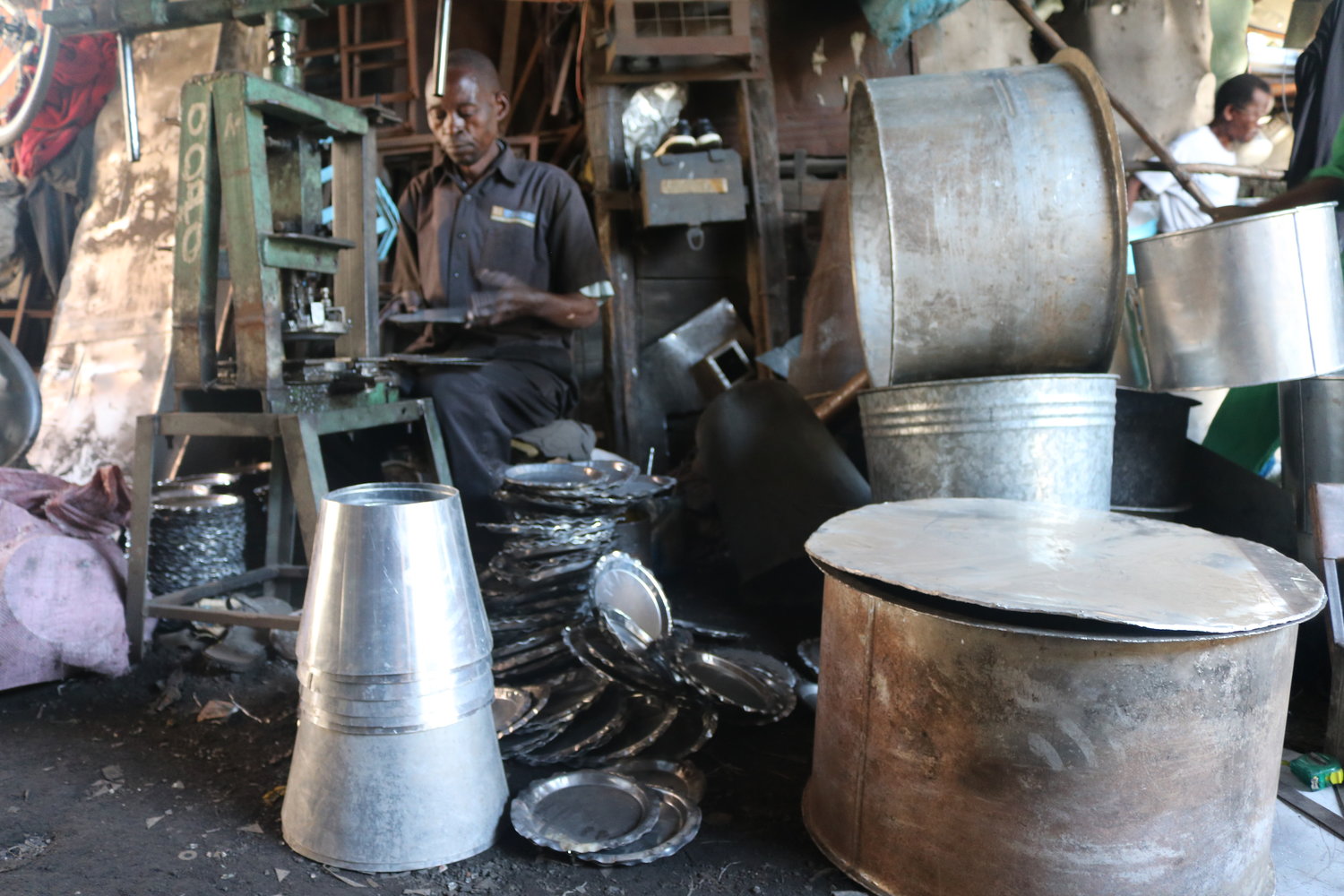Boda boda chairman highlights advantages of new savings trust for informal sector workers

The scheme will also be strengthened by the government through incentives to ensure sustainable and inclusive sector-specific saving schemes to achieve maximum scale-up savings.
Boda boda riders, second-hand clothes traders, matatu crew and jua kali artisans will soon start saving portions of their earnings in a new trust aimed at guaranteeing their pensions.
Though yet to launch officially, the Kenya National Entrepreneurs Savings Trust (KNEST) is a government initiative that was registered last year to develop short-term and long-term savings mechanisms to meet the unique and diverse needs of the informal sector as envisioned in the bottom-up economic model.
On Tuesday, Kenya National Boda Boda Association Chairman Kevin Bwire Mubadi explained to The Eastleigh Voice that the trust will work in a similar manner to the National Social Security Fund (NSSF), but with added benefits such as being voluntary and allowing members to withdraw a certain amount in the event of an emergency.
More To Read
- SACCO members hit by 4 per cent payout cuts in wake of Sh13.3 billion KUSCCO heist
- Boda Boda Association disowns riders over recent cases of arson, violence as Murkomen vows crackdown
- Senate proposes new regulations to streamline Kenya's boda boda sector
- Pushed to the wall, Kenyans take up more loans as savings diminish
- Boda boda riders to undergo mandatory training after Machakos assault incident
- How chamas have helped women grow their savings despite some risks
"This is like a pension scheme for the informal sector, similar to NSSF but with an added advantage in that it allows a member to withdraw 30 per cent of their savings before retirement in the event of an emergency," he said.
He further explains that the trust allows members to save as little as Sh20 to their accounts, making it affordable to many of the people working in the informal sector.
On Friday, Treasury Cabinet Secretary appointed Mubadi as a trustee to the trust, along with Irene Githiga from the Federation of Matatu Drivers and Conductors Association, Joseph Kisoro Ogola from the Kenya National Federation of Jua Kali Associations, and Teresia Njenga from Mitumba Association, for a period of three (3) years, with effect from September 6, 2024.
"The appointments of Okochil Martha Opisa, LouisKarisa Yaa, Ruth Jerotich Bungei and Ayieko Tom Okundi and the appointments made vide Gazette Notice No. 13601 of 2021 are revoked," the notice dated September 5, 2024 added.
 A jua kali artisan at work at his shop in Nairobi. (Photo: Kenya National Qualifications Authority)
A jua kali artisan at work at his shop in Nairobi. (Photo: Kenya National Qualifications Authority)
Mubadi says it offers his members, in particular, an opportunity to diversify their saving strategies with the goal of cushioning them in their sunset years.
He clarified, "It doesn't mean they stop saving with their current schemes or Saccos; you can save in as many areas as possible; it's a matter of personal choice."
According to the National Treasury, the informal sector workers in Kenya constitute more than 80 per cent of the total workforce and contribute about 34 per cent of the Gross Domestic Product (GDP).
"However, they are not adequately covered by the available formal savings mechanism because the traditional savings arrangements are not designed to meet their unique needs as they are heterogeneous, hence the need for government intervention," former Treasury CS Prof. Njuguna Ndung'u said last year.
The ministry wants the board of trustees to ensure the scheme succeeds by leveraging modern technologies such as digital finance linkages and integrating commitment mechanisms with offerings of long-term savings alongside other financial products to sustainably unlock opportunities for changing the long-term savings behaviour of Kenyans.
The scheme will also be strengthened by the government through incentives to ensure sustainable and inclusive sector-specific saving schemes to achieve maximum scale-up savings.
On its part, the Retirement Benefits Authority (RBA) will provide technical support, supervision, and advice to the scheme to encourage more people from the informal sector to join the savings space.
Top Stories Today













































